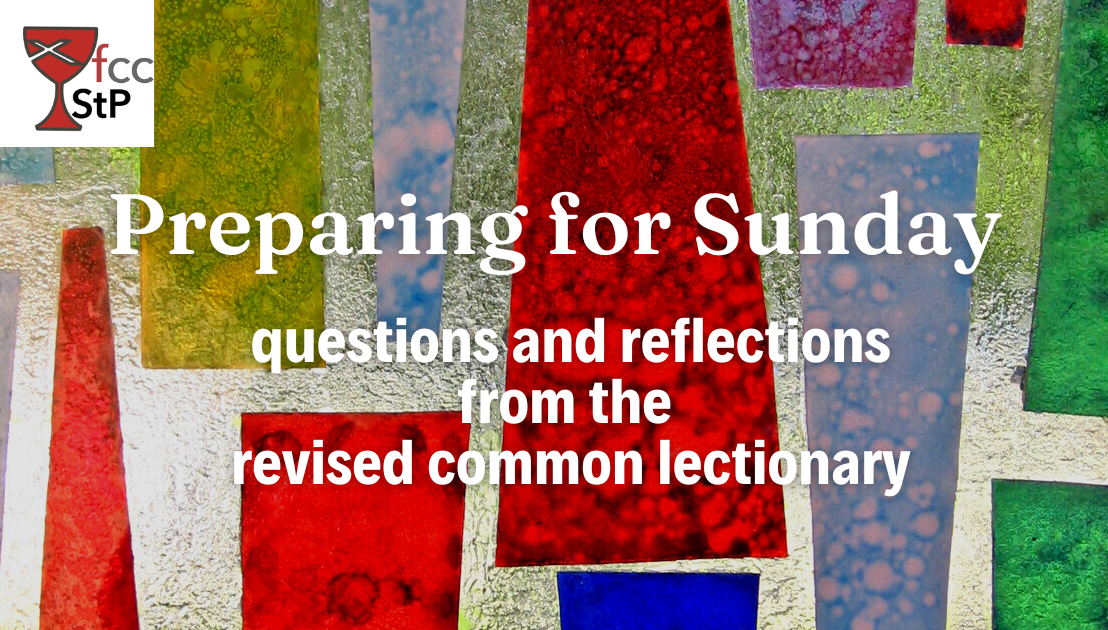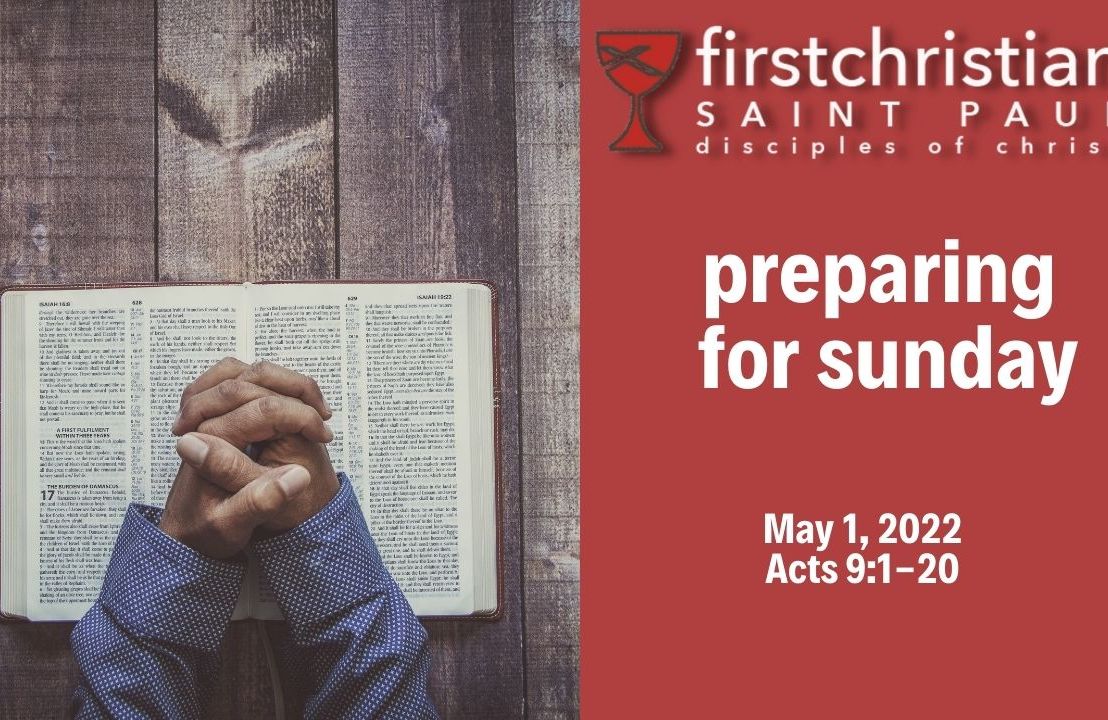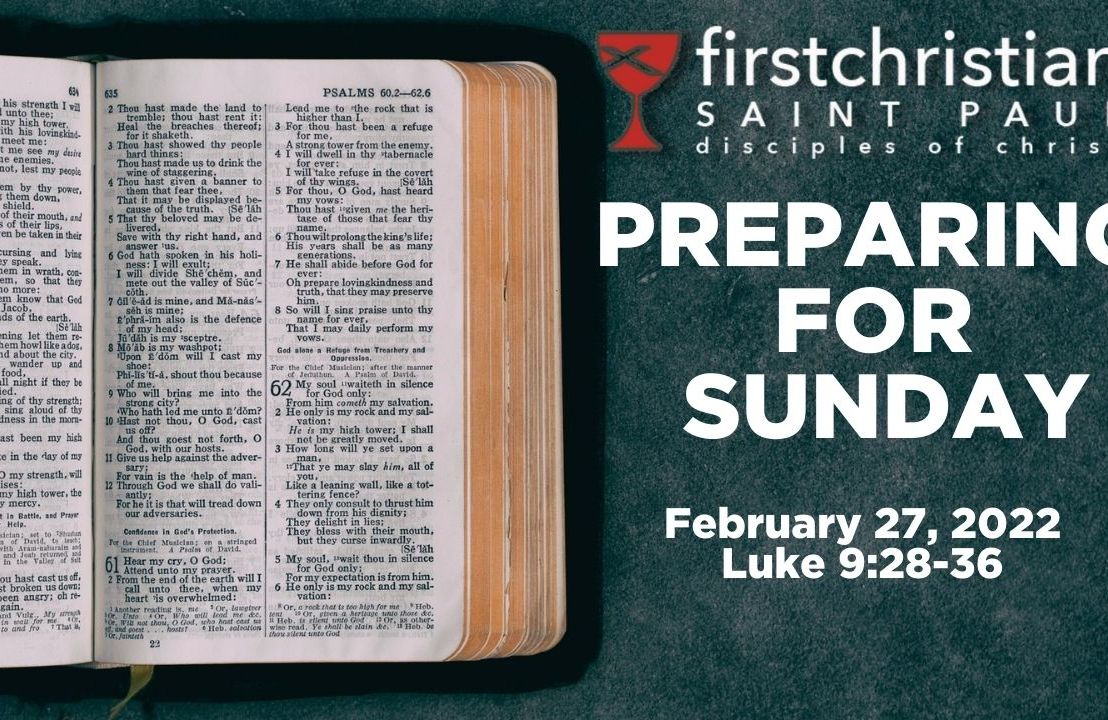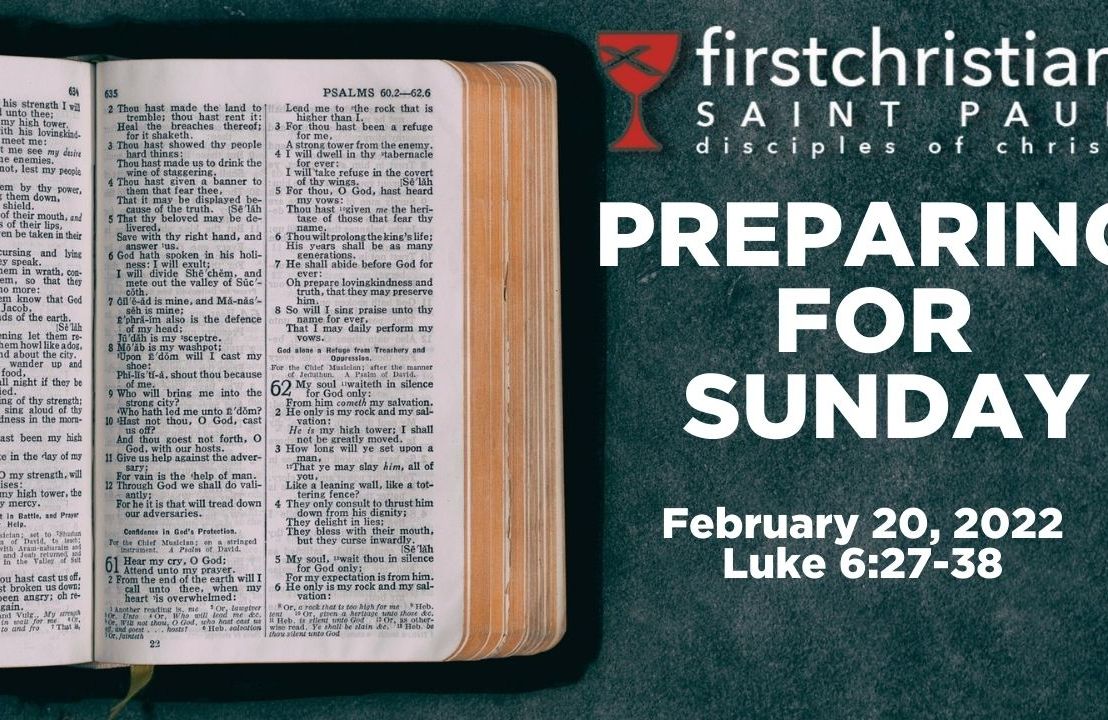 |
| Herbert Hoover birthplace. Iowa |
1 The vision of Isaiah son of Amoz, which he saw concerning Judah and Jerusalem in the days of Uzziah, Jotham, Ahaz, and Hezekiah, kings of Judah.
10 Hear the word of the Lord,
you rulers of Sodom!
Listen to the teaching of our God,
you people of Gomorrah!
11 What to me is the multitude of your sacrifices?
says the Lord;
I have had enough of burnt offerings of rams
and the fat of fed beasts;
I do not delight in the blood of bulls,
or of lambs, or of goats.
12 When you come to appear before me,
who asked this from your hand?
Trample my courts no more;
13 bringing offerings is futile;
incense is an abomination to me.
New moon and sabbath and calling of convocation—
I cannot endure solemn assemblies with iniquity.
14 Your new moons and your appointed festivals
my soul hates;
they have become a burden to me,
I am weary of bearing them.
15 When you stretch out your hands,
I will hide my eyes from you;
even though you make many prayers,
I will not listen;
your hands are full of blood.
16 Wash yourselves; make yourselves clean;
remove the evil of your doings
from before my eyes;
cease to do evil,
17 learn to do good;
seek justice,
rescue the oppressed,
defend the orphan,
plead for the widow.
18 Come now, let us argue it out,
says the Lord:
though your sins are like scarlet,
they shall be like snow;
though they are red like crimson,
they shall become like wool.
19 If you are willing and obedient,
you shall eat the good of the land;
20 but if you refuse and rebel,
you shall be devoured by the sword;
for the mouth of the Lord has spoken.
********************
The cities of Sodom and Gomorrah don’t have a good reputation. They are often fodder for prophetic comparisons. Jesus compared the towns in Galilee who rejected his message to Sodom (
Mt. 11:24). In the preceding two weeks, the lectionary offered us readings from Hosea, who spoke words of judgment and grace to the northern kingdom of Israel. Now the lectionary takes us south to the nation of Judah. Here we find the prophet Isaiah, speaking to the nation of Judah and the city of Jerusalem during the eighth-century reigns of Uzziah and his descendants to the time of Hezekiah (vs. 1). The prophet brings an indictment against the nation of Judah using the infamous cities of Sodom and Gomorrah, cities that had been faced divine judgment, as a foil. These two cities have continued their notoriety down to the present. Unfortunately, they have been used by anti-LGBTQ preachers to condemn those whose sexual orientation or gender identity skew differently than the majority population. Such is not the case here in Isaiah. The prophet has something else in mind. That something else is essentially false worship. The concern here is worship that is offered by those who engage in unjust acts.
In verse 9, a verse not included in the lectionary, we hear this dire warning: “Had not the Lord of Hosts left us some survivors, we would be like Sodom, another Gomorrah.” It’s a declaration picked up by Paul in the letter to the Romans (
Rom. 9:29). I am by inclination something of a universalist. I want to believe that in the end all will be reconciled. Yet, we have these words of judgment present in Scripture. They won’t go away, as if nothing mattered in life. At the same time, this word about survivors serves as a reminder that God is faithful to the covenant, even if the nation is not.
This passage in Isaiah 1 doesn’t start out well. God says to the people whom God designates the “chieftains of Sodom” and the “folk of Gomorrah”: “What need have I of all your sacrifices?” God has had enough of their burnt offerings. God is tired of them trampling God’s courts. Their incense is an offense to God, along with their festivals and worship services. Indeed, we hear through the prophet’s voice the word of the Lord: “And when you lift up your hands, I will turn My eyes away from you; though you pray at length, I will not listen” (vs. 15
Tanakh).
What does God require of them, instead of their crime-stained worship services?
God wants them to put away their evil deeds. God wishes them to “learn to do good, devote yourselves to justice; aid the wronged, uphold the rights of the orphan; defend the cause of the widow” (vs, 16-17
Tanakh). You hear an echo of this declaration in the words of James: “Religion that is pure and undefiled before God, the Father, is this: to care for orphans and widows in their distress, and to keep oneself unstained by the world” (
James 1:27 NRSV). In fact, when we read the book of James, we find important continuity with the prophets. Thus, the prophet speaks not only to his own day but to our own. It is a word to the church that has, unfortunately, tended to support oppressive movements. Slavery was defended in the nineteenth century as biblical. Martin Luther King had to issue his “Letter from the Birmingham Jail” because white clergy (like me) counseled against pushing the envelope on civil rights. Isaiah declares that God prefers justice to our sacrifices. Nevertheless, the compassion of God is sufficient to turn things around. Our sins might be as scarlet, but they can be like snow. They will be washed away if we are willing to obey God’s vision for humanity. That vision is one of justice, mercy, compassion. The alternative isn’t good.
Having heard the indictment and the reminder that God expects justice from God’s people, that does not mean God doesn’t welcome our worship. As Ron Allen notes, “The Priestly God does not object to worship as such. God objects to worship that is not rooted in authentic desire to honor God’s purposes by living in mutual support,” Allen goes on to address the problem of churches blessing uncritical nationalism, as revealed in the slogan “’America First’ even when doing so harms the quality of life of people in other lands, and when doing so will eventually harm the quality of life in the United States” [
Connections, 218].
Cyprian of Carthage, writing in the mid-second century CE, addressed this call to connect worship and justice:
Let us offer our complete faith, our devout minds, our obedience, and our continual labors to the Lord that he may be pleased with us. Let us give earthly garments to Christ so that we receive heavenly robes; let us share food and drink in this world so that we may join Abraham, Isaac, and Jacob at the heavenly banquet. [Quoted in Connections, p. 219].
Cyprian seems to draw in part upon Jesus’ vision of the day of judgment in Matthew 25. Isaiah has a similar vision as well. How might we, living in this age of Trump, when many in the church have embraced a repressive vision for the nation, one that turns away the refugee, neglects the hungry, and encourages narcissism? Isaiah has a warning for us. If we gather for worship but neglect justice, God will not be pleased. With that in mind, the better way is to walk in obedience to the God who demands justice.








